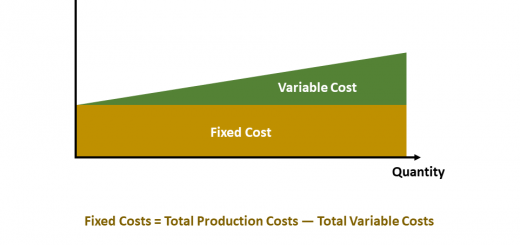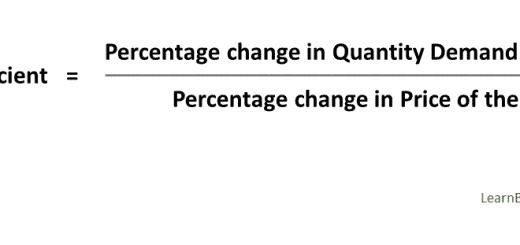Economic Cost – Definition, Explanation, with Examples
Economic Cost Definition
The economic cost is considered both the amount of money expensed and the potential loss of expending on something else. Simply economic cost is the combination of both the explicit cost and the opportunity cost.
The economic cost includes both the monetary value expensed and the loss of other alternatives when one alternative is chosen.
In a simple example, the economic cost of traveling to work by own car includes the cost of the fuel (explicit cost) as well as the cost of using public transport (opportunity cost).
Understanding Economic Cost with Examples
In today’s economic world, the management should make decisions on how well should the limited resources spend. Hence why the economic cost includes both the explicit cost and implicit cost (opportunity cost).
The economic cost is essential to making decisions about the long-term corporate strategy. This will help the management to make decisions considering the amount already expensed and also the monetary value of lost opportunities with the choices made.
Economic Cost Examples
There are many examples of economic costs at personal, corporate, and global levels,
- Should a person drive to work or use public transport?
- Should a person start his own company or get employed?
- Should a company invest in R&D projects or buy a patent?
- Should a country invest in research or infrastructure development?
- Should a country increase its interest rate or decrease it?
- Should a company harvests wheat on their land or leases it to another company to do the work?
Read More:
- Fixed Cost – Explanation, Formula, Calculation, and Examples
- Variable Cost – Explanation, Formula, Calculation, Examples
- Marginal Cost – Explanation, Formula, Curve, Examples


